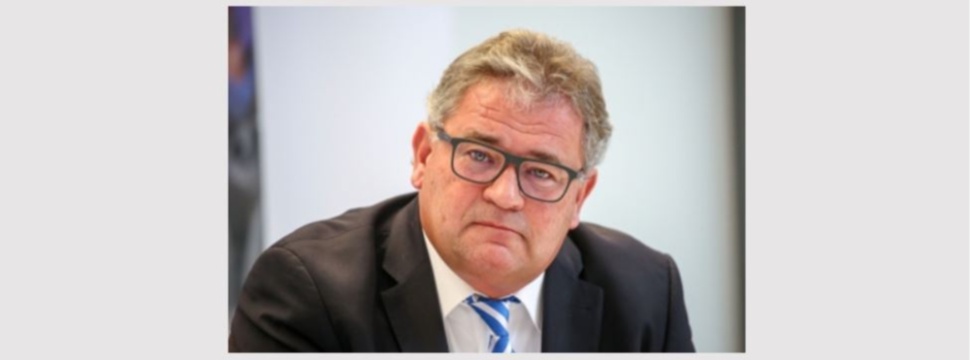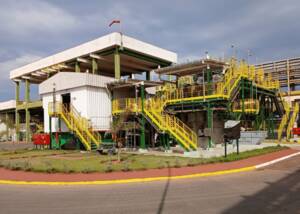bvse: Exclusion from EEG compensation scheme slows down recycling and climate protection targets
News General news
In the EU Commission's new draft guidelines on the compensation scheme for the EEG surcharge, recycling companies are no longer included in the list of sectors eligible for subsidies. Yet it is precisely the energy-intensive recycling industry that is dependent on aid.

"The extension of the scope of the guidelines to include support in the field of circular economy and resource efficiency is welcome and could send the right signal to achieve the intended climate targets of the Green Deal.
However, the exclusion of companies with NACE code 38.32 ("recovery of sorted materials") from the subsidy for the EEG levy is an irreconcilable contradiction with regard to the intended objective, which must be urgently corrected," demanded bvse CEO Eric Rehbock in a joint statement of the associations with the BDSV to the EU Commission.
Electricity costs could rise by around 800,000 euros depending on average consumption
In a recent survey conducted by the bvse, around 70 percent of member companies stated that they were classified in NACE code 38.32 and would be affected by the discontinuation of this subsidy. "For the companies, this means that electricity will become more expensive in the future by an average of around 800,000 euros per year, depending on consumption," Rehbock made clear.
No longer competitive - primary raw materials will displace secondary raw materials
The processing of waste is an energy-intensive activity in which recycling companies are under strong competitive and cost pressure internationally. In the complex plastics recycling process alone, energy costs amount to 50 percent of gross value added. Energy-intensive shredder scrap and large shear production for the manufacture of climate-friendly secondary raw materials for steel production would also be just as badly affected by the elimination of subsidies.
"If the current subsidy is removed, resource-saving and CO2-saving secondary raw materials will be displaced by cheaper primary raw materials in both national and international competition," Rehbock predicted.
Setback also for climate protection targets
As a result, this would have a significant impact on the achievement of EU climate protection targets. "As part of the circular economy, companies in the recycling sector are making a decisive contribution on the road to EU climate neutrality in 2050 with CO2 emission savings of more than 100 million tons per year across all material flows in Germany alone," Rehbock made clear.
According to the German circular economy status report for 2020, 1.95 million tons of plastic recyclates were used in Germany alone in 2019, which corresponds to an average saving of 3.3 million tons of CO2. Added to this is a further CO2 saving of 0.86 million tons through the use of around 1.16 million tons of plastic-based substitute fuels. The use of around 3 million metric tons of shredder scrap, which saves 1.67 times the amount of CO2, also makes a significant contribution to achieving global climate protection targets.
Refuse-derived fuels belong separately on subsidy list
In their statement, the associations also called for companies producing substitute fuels for the cement industry to be included separately on the list of eligible industries. The industry's plants produce 2-component products that have a raw material component in addition to the calorific value component through the use of ash components in cement clinker.
"In the interest of increasing resource efficiency and the circular economy, this sector must also be included in the subsidy and given legal certainty with regard to a nationally uniform classification under NACE code 38.32," stated bvse CEO Eric Rehbock emphatically.










